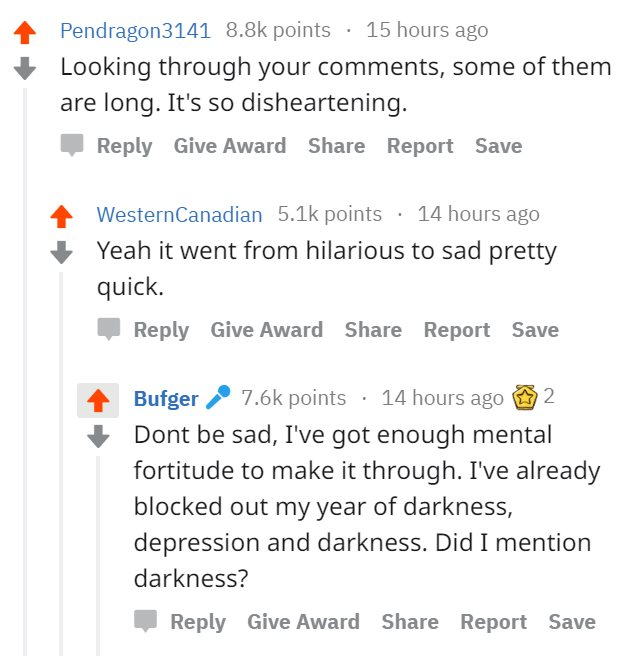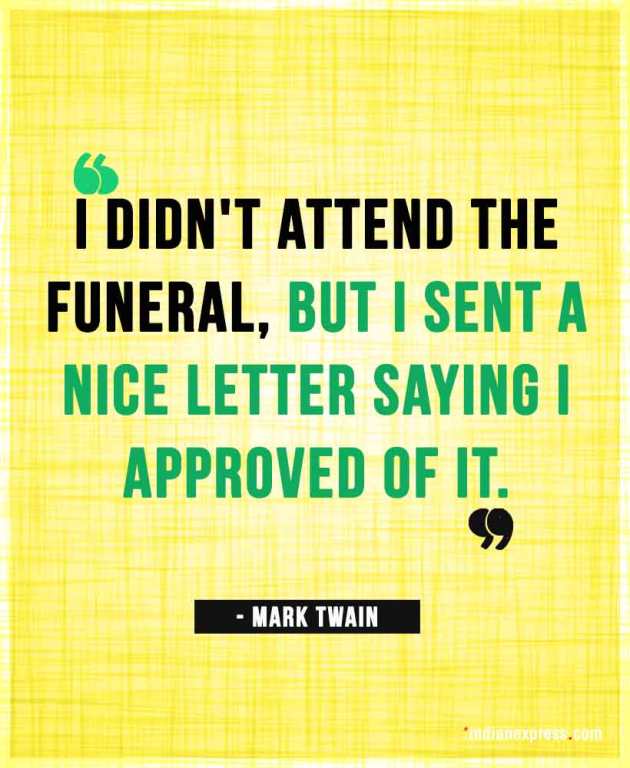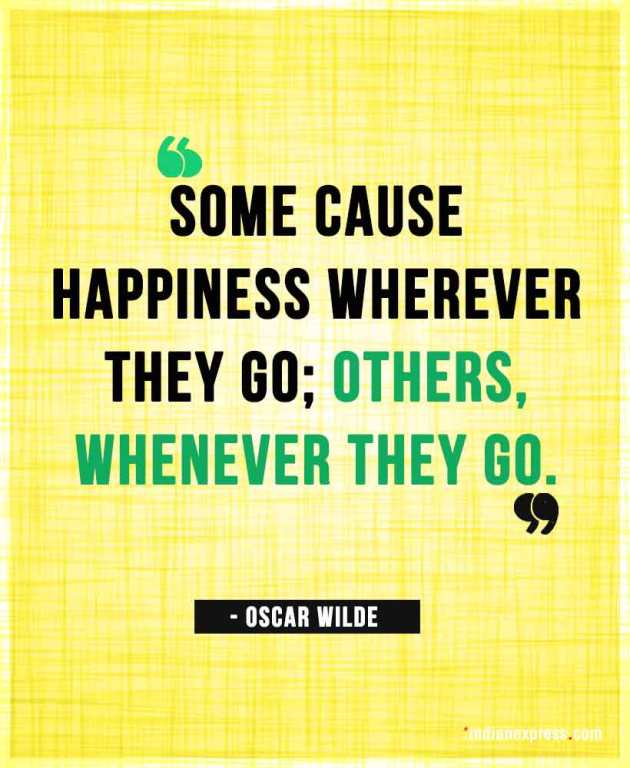Indian insults might sound harsh to outsiders, but they're often steeped in cultural context, humor, and social nuances. If you've ever wondered why certain phrases are used or how they fit into everyday conversations, you're in the right place. This article explores the world of Indian insults, breaking down their meanings, origins, and cultural significance. Let's dive in and uncover the real deal behind these words that pack a punch but often carry more wit than venom.
Now, before we get into the nitty-gritty, let's clear the air. When we talk about Indian insults, we're not just talking about hurtful words. These phrases are often a reflection of the rich tapestry of languages, traditions, and humor that make up Indian culture. Think of it as a verbal dance where wit meets sass, and you'll start to see why these insults can be both funny and insightful.
Whether you're an expat trying to navigate Indian banter, a curious traveler, or just someone fascinated by language, this article has got you covered. We'll break it down step by step, so you don't end up misinterpreting a harmless joke as a full-blown insult. Ready? Let's go!
Read also:Who Is Jonathan Chebans Wife Discovering The Life And Story Behind The Scenes
What Are Indian Insults Really About?
Indian insults aren't just random words thrown around. They're deeply rooted in the country's diverse linguistic and cultural landscape. From Hindi to Tamil, Bengali to Punjabi, every region has its own set of phrases that can leave you scratching your head—or laughing out loud.
Let me give you an example. Imagine you're at a family gathering, and someone says, "Beta, tera dimag kharab hai!" (Son, your brain is messed up!). Sounds harsh, right? But in context, it could just be a playful jab. See what I mean? It's all about tone, timing, and the relationship between the people involved.
Indian insults are like spices in a curry. Too much, and it burns; too little, and it's bland. The trick is knowing how to use them just right. So, let's explore some of the most common ones and understand why they exist in the first place.
Top Indian Insults You Need to Know
1. "Chakka Chakka"
This one is a classic. "Chakka chakka" is often used to describe someone who's being overly dramatic or exaggerating. Think of it as the Indian equivalent of "stop being so over the top!" It's playful, lighthearted, and usually said with a smile.
2. "Machli ki Tarah Paani Mein Duba Deunga"
Literal translation? "I'll drown you like a fish in water." Sounds intense, but it's usually said in jest. This phrase is often used when someone is being particularly annoying, and the speaker wants to express their frustration in a humorous way.
3. "Tera Baap Ka Phone"
This one is a personal favorite. "Tera baap ka phone" (your dad's phone) is a playful way of telling someone to stop being so loud or annoying. It's like saying, "Shut up, or I'll call your dad!" and it works surprisingly well.
Read also:Patrice Evra The Untold Story Of A Football Legend
Why Do Indians Use Insults So Often?
Insults in Indian culture are more than just words. They're a way of expressing affection, frustration, or even admiration. Think about it. When someone calls you "pagal" (crazy), they're not necessarily being mean. They might just be impressed by your boldness or creativity.
Here's the thing: Indians have a unique way of communicating. We love to mix sarcasm, humor, and wit into our conversations. Insults are just another tool in our verbal arsenal. They help us connect, bond, and sometimes even resolve conflicts in a lighthearted way.
So, the next time you hear someone say, "Tera baap ka helicopter" (your dad's helicopter), don't take it too seriously. Chances are, they're just teasing you in the best way possible.
Regional Variations of Indian Insults
India is a land of diversity, and that extends to its insults too. Different regions have their own unique ways of expressing disapproval or frustration. Let's take a look at some regional variations:
- Hindi: "Tere baap ka phone" is a classic Hindi insult that's both funny and effective.
- Tamil: "Unakkum oru poli vandhu" (a sweet will come to you) is a sarcastic way of saying someone is being greedy.
- Punjabi: "Tere baap ne paise kharch kiye hain" (your dad spent money) is a playful way of telling someone they're being extravagant.
- Bengali: "Tomar chhele" (your child) is often used to mock someone's behavior or decisions.
As you can see, each region has its own flavor of insults, and they're all equally fascinating.
How to Use Indian Insults Without Offending Anyone
Now that you know what Indian insults are, it's important to learn how to use them without causing a scene. Here are a few tips:
- Know Your Audience: Not everyone appreciates humor, so make sure the person you're insulting can take a joke.
- Use the Right Tone: A playful tone can turn even the harshest insult into a harmless joke.
- Be Mindful of Context: Some insults are okay in informal settings but might not fly in professional environments.
Remember, the key is to keep it light and respectful. If you're unsure, it's always better to err on the side of caution.
Cultural Significance of Indian Insults
Indian insults aren't just random phrases; they're a reflection of the country's cultural values and social dynamics. In many cases, they highlight the importance of family, community, and humor in Indian life.
For example, phrases like "tera baap ka phone" emphasize the role of family in everyday conversations. Similarly, insults like "chakka chakka" highlight the importance of wit and creativity in communication.
So, the next time you hear someone use an Indian insult, take a moment to appreciate the cultural context behind it. You might just learn something new!
Common Misconceptions About Indian Insults
There are a few common misconceptions about Indian insults that need to be addressed:
- They're Always Hurtful: Not true! Most Indian insults are meant to be funny, not offensive.
- They're Only Used in Hindi: Wrong! Every Indian language has its own set of insults, and they're all equally fascinating.
- They're Only for Men: Nope! Women use insults just as often, and they're often more creative about it.
By understanding these misconceptions, you'll be better equipped to navigate the world of Indian insults.
How Indian Insults Reflect Social Norms
Indian insults are a mirror to the country's social norms. They reflect everything from gender roles to generational differences. For example, older generations might use insults like "Beta, tera dimag kharab hai" to express frustration with younger people's behavior.
Similarly, younger generations might use insults like "Chakka chakka" to tease their friends about being overly dramatic. It's all part of the social fabric that makes Indian culture so rich and diverse.
Conclusion: Embrace the Wit, Not the Venom
Indian insults might seem intimidating at first, but once you understand their cultural significance and social context, they become a fascinating aspect of Indian communication. Whether you're using them to lighten the mood or just having fun with friends, remember to keep it playful and respectful.
So, the next time someone says, "Tera baap ka phone," don't take it personally. Instead, smile and respond with your own witty comeback. After all, that's what Indian insults are all about—spicing up conversations with a dash of humor and creativity.
Don't forget to share your favorite Indian insult in the comments below or check out our other articles for more insights into Indian culture. Keep the conversation going, and let's keep things interesting!
Table of Contents
- What Are Indian Insults Really About?
- Top Indian Insults You Need to Know
- Why Do Indians Use Insults So Often?
- Regional Variations of Indian Insults
- How to Use Indian Insults Without Offending Anyone
- Cultural Significance of Indian Insults
- Common Misconceptions About Indian Insults
- How Indian Insults Reflect Social Norms
- Conclusion: Embrace the Wit, Not the Venom


